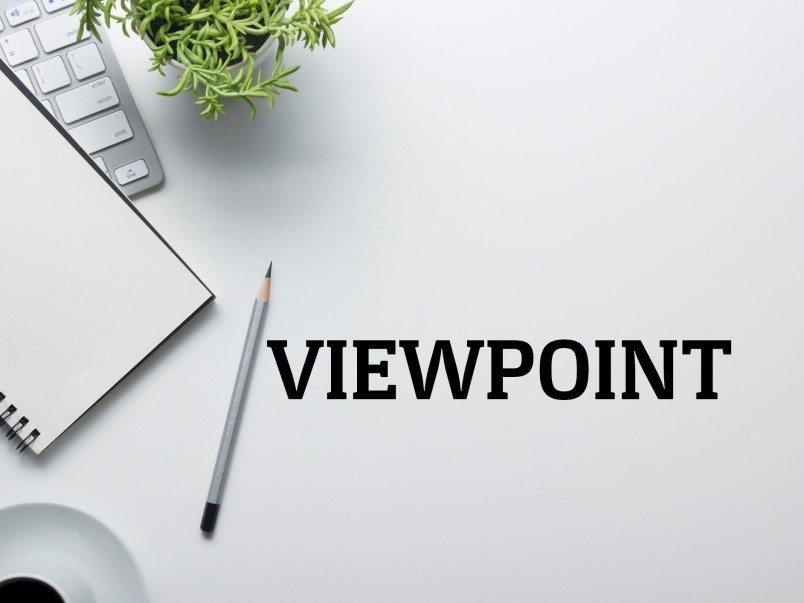Canada is a land made up of millions of individuals who have come from every part of the world, have made a livelihood, raised children here and hopefully contribute on a daily basis to the progress and prosperity of the country as a whole.
We have one national flag, one national anthem and two official languages (although we are free to choose our own languages at home and in communities). Each of us is Canadian and each one enjoys freedom and individuality. We are meant to be a country of equal rights and justice for all.
No one has been here since the beginning of time and Canada’s history is not from the beginning of time. It is relatively recent, spanning only several centuries.
It is said that the first inhabitants probably came from Asia, possibly 16,000 years ago. They were immigrants to this land we now call Canada and occupied this land just as immigrants do today except the world has changed so much, even from 200 years ago.
Subsistence level existence has disappeared. The spectre of human existence has broadened, become dense, more complex, is not isolated, and has become more intertwined.
I wrote this on the day we now call the National Day for Truth and Reconciliation.
Truth? Undoubtedly there will be new ones uncovered about the historical, even recent, actions and inactions on the part of politicians, religious groups and many depraved and wrong-minded individuals who will make us constantly aware of the worst aspects of human behaviour, just as yesterday and yesteryear we heard of so many unacceptable actions against immigrant groups.
But reconciliation? Constant emphasis on reconciliation implies we are never meant to be a nation of like-minded Canadians, and reconciliation, by its nature, must have an end point, yet we do nothing but perpetuate it. Remembering those who fought and died for our freedom each year is one thing, but annual reconciliation...
We have to move forward, not backward, if we are to ever get beyond this deference to reconciliation.
Yet we keep moving backward. Is changing a town’s name, or a street name, or a regional district’s name, reconciliation? Does it reconcile anything? Perhaps, in fact, it will serve to awaken the differences that we must acknowledge exist without doing anything to cure the situation.
Whether from Europe, Asia, the Middle East, Africa, wherever, and no matter when one came here, we live in the country known as Canada and must regard ourselves and each other as Canadians. We should have accomplished this objective by now but we continue to be stuck because of our differences and because reconciliation is a perpetuation of our differences, not a combining force.
Malcolm Haynes is a City of Powell River resident.




